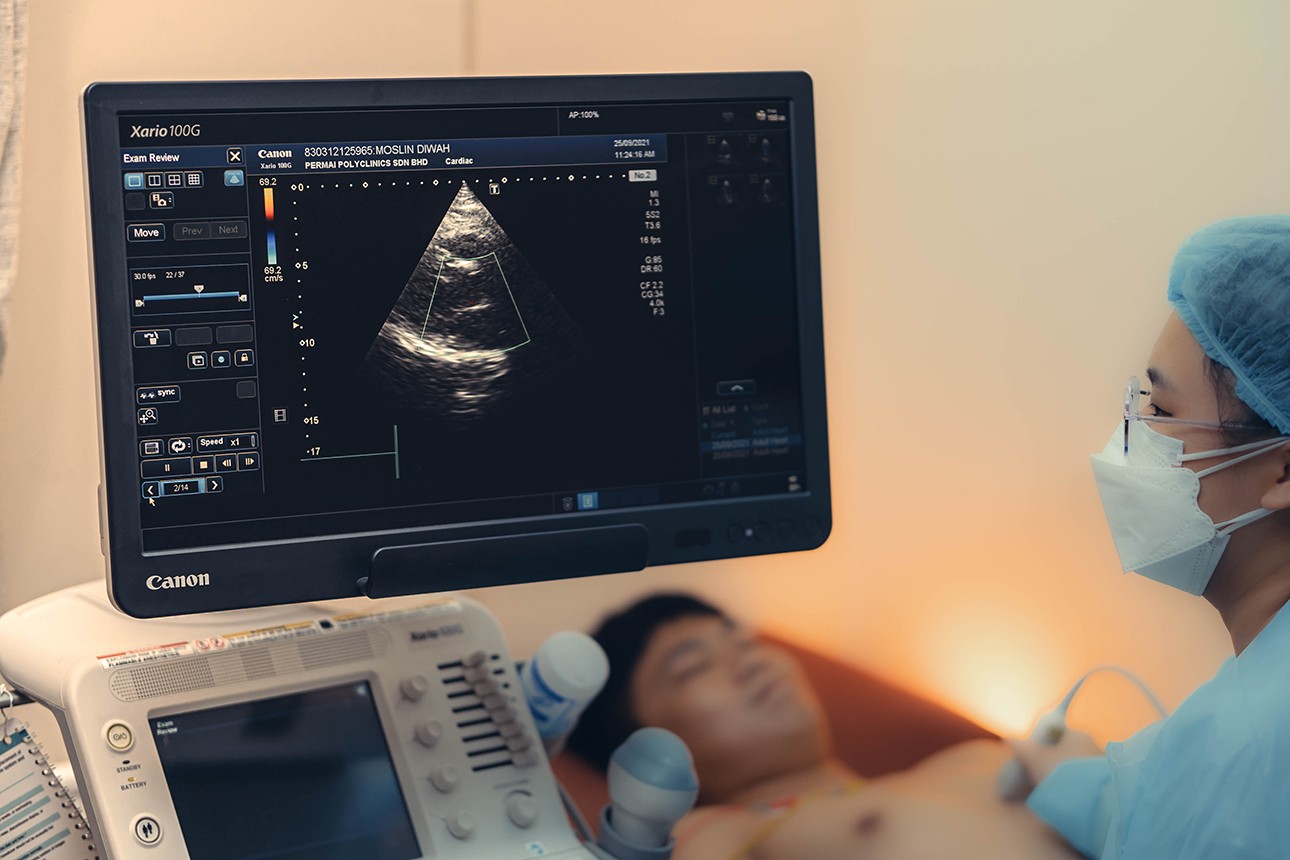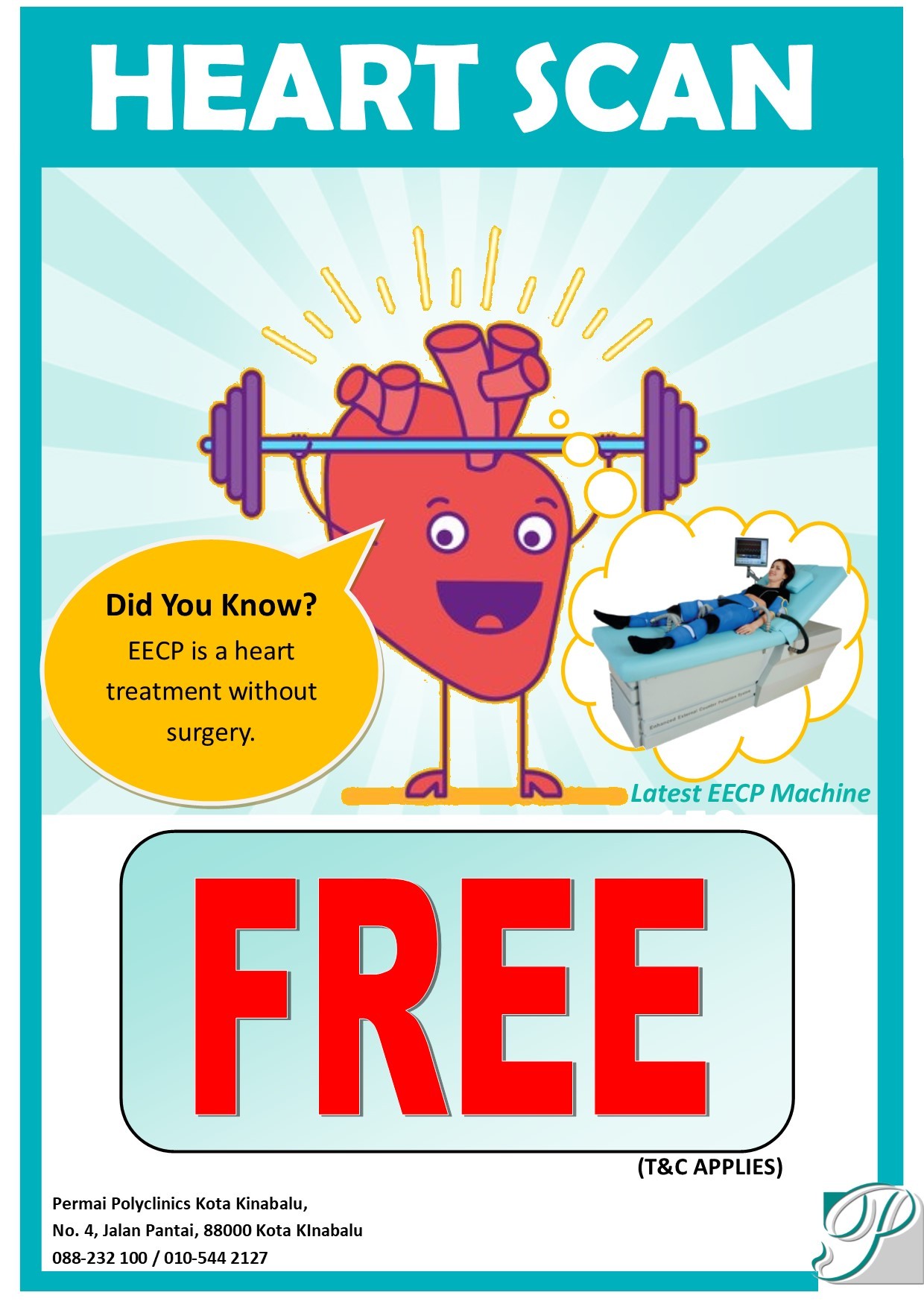Echocardiogram (Heart Scan)
An echocardiogram uses sound waves to produce images of your heart. This common test allows your doctor to see your heart beating and pumping blood.
Your doctor can use the images from an echocardiogram to identify heart disease.
Depending on what information your doctor needs, you may have one of several types of echocardiograms.
Your doctor may suggest an echocardiogram to:
- Check for problems with the valves or chambers of your heart
- Check if heart problems are the cause of symptoms such as shortness of breath or chest pain
- Detect congenital heart defects before birth (fetal echocardiogram)
- The type of echocardiogram you have depends on the information your doctor needs.




A heart scan, also known as a coronary calcium scan, is a specialized X-ray test that provides pictures of your heart that can help your doctor detect and measure calcium-containing plaque in your arteries.
Plaque inside the arteries of your heart can grow and restrict blood flow to the muscles of your heart. Measuring calcified plaque with a heart scan may allow your doctor to identify possible coronary artery disease before you have signs and symptoms.
Your doctor may order a heart scan to get a better understanding of your risk of heart disease or if your treatment plan is uncertain
A heart scan uses a specialized X-ray technology called multidetector row or multislice computerized tomography (CT). The scan creates multiple images that can show any plaque deposits in the blood vessels. A heart scan provides an early look at levels of plaque.
Plaque is made up of fats, cholesterol, calcium and other substances in the blood. It develops gradually over time, long before there are any signs or symptoms of disease. These deposits can restrict the flow of oxygen-rich blood to the muscles of the heart. Plaque may also burst, triggering a blood clot that can cause a heart attack.
A heart scan may help guide treatment if you have a low to moderate risk of heart disease or if your heart disease risk isn’t clear. Your doctor can tell you if you might benefit from having a heart scan based on your risk factors.
A heart scan may also help motivate people at moderate risk to make important lifestyle changes and follow treatment plans.

